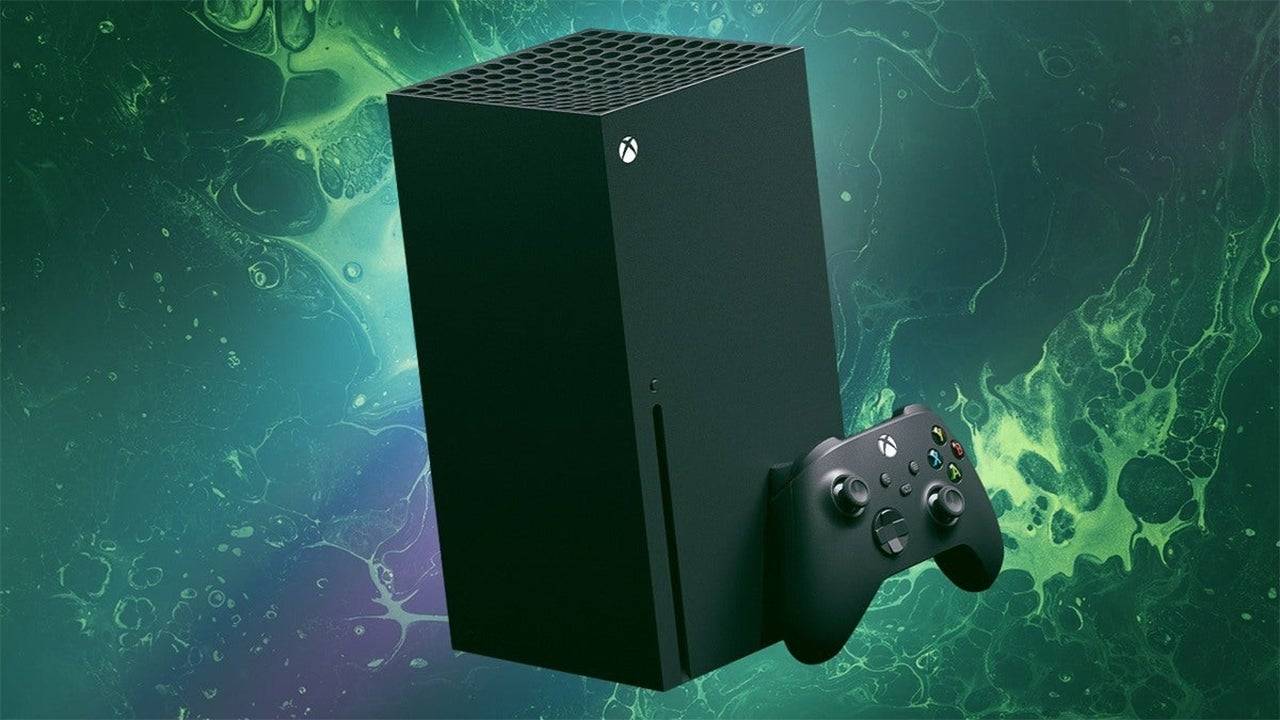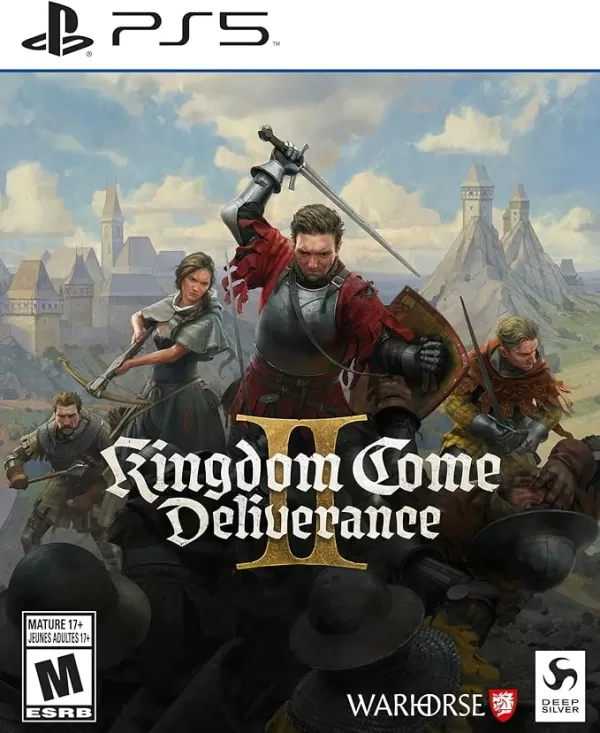The age-old question: PlayStation or Xbox? This debate has raged for years, sparking countless online discussions and heated arguments among friends. While PC and Nintendo loyalists exist, the last two decades of gaming history have largely been defined by the Sony-Microsoft rivalry. But in a rapidly evolving industry, with the rise of mobile gaming and readily accessible PC building, has the landscape shifted so dramatically that a victor has finally emerged? The answer might surprise you.
The video game industry's explosive growth is undeniable. From $285 billion in revenue in 2019 to a staggering $475 billion in 2023, it now surpasses the combined revenue of the global movie and music industries. This upward trajectory is projected to continue, reaching nearly $700 billion by 2029. This financial success has attracted Hollywood A-listers like Mads Mikkelsen, Keanu Reeves, and Willem Dafoe, reflecting a significant shift in the perception of video games. Even Disney, with its recent $1.5 billion investment in Epic Games, is making a major push into the gaming world.

Despite aiming for a significant upgrade from the Xbox One, the Xbox Series X and S haven't achieved the expected sales success. The Xbox One still outsells the Series X/S by almost double, and industry expert Mat Piscatella suggests this console generation is past its peak. 2024 sales figures paint a concerning picture: Statista reports Xbox Series X/S sales under 2.5 million units for the entire year, dwarfed by the PlayStation 5's sales, which reached the same figure in just the first quarter. Rumors of Xbox closing its physical game distribution department and potentially withdrawing from the EMEA console market further fuel these concerns. This all points to a potential retreat – or perhaps, a surrender.
Microsoft's own internal documents reveal a startling admission: they didn't believe Xbox ever had a chance to win the console war. So, how does a company built around a console respond to lagging sales and an acknowledged failure? It pivots.
Xbox Game Pass has become a central focus. Leaked documents reveal significant investments in securing AAA titles like *Grand Theft Auto 5* and *Star Wars Jedi: Survivor* for the subscription service, highlighting a shift towards cloud gaming. Microsoft's "This Is An Xbox" advertising campaign reinforces this rebranding: Xbox is no longer just a console, but an accessible service with complementary hardware.
This reimagining extends beyond traditional consoles. Rumors of an Xbox handheld, supported by leaked documents hinting at a next-gen hybrid cloud gaming platform, point to a broader strategy. Microsoft's plans for a mobile game store, coupled with Phil Spencer's acknowledgment of mobile gaming's dominance, solidify their new direction: Xbox is a brand you can play anytime, anywhere.

The reason for this pivot is clear: mobile gaming's dominance. In 2024, over 1.93 billion of the estimated 3.3 billion gamers played on mobile devices. While this includes casual players, mobile gaming has become a major force across all demographics, particularly Gen Z and Gen Alpha. Mobile games comprised exactly half ($92.5 billion) of the $184.3 billion video game market in 2024, significantly outpacing consoles at $50.3 billion (27%).
This wasn't a sudden shift. By 2013, the Asian mobile gaming market significantly outperformed the West. Titles like *Puzzle & Dragons* and *Candy Crush Saga* even out-earned *Grand Theft Auto 5* that year. Five of the highest-grossing games of the 2010s were mobile games, highlighting the industry's changing landscape.
Mobile isn't the only competitor. PC gaming has also seen significant growth since 2014, reaching 1.86 billion players in 2024. This rise, partly fueled by the COVID-19 pandemic, is driven by increased technological literacy among gamers. However, despite this growth, the PC market's value ($41.5 billion in 2024) still lags behind consoles, creating a challenge for Xbox, which heavily relies on Windows PCs.

Meanwhile, PlayStation is thriving. Sony's latest earnings report boasts 65 million PS5 sales, significantly outpacing Xbox Series X/S sales. Ampere Analysis projects Sony will sell 106.9 million PS5 consoles by 2029, compared to Microsoft's estimated 56-59 million Xbox Series X/S units. To regain competitiveness, Xbox needs to drastically close the sales gap, increase year-on-year sales, and improve the profitability of its exclusives. Given Phil Spencer's openness to releasing Xbox titles on PlayStation and Switch, PlayStation's current dominance seems solidified.
However, the PS5 isn't without its challenges. A significant portion of PlayStation users still play on PS4s, and the number of truly exclusive PS5 titles is surprisingly low. The PS5 Pro's release also received a mixed reception, suggesting a potential premature upgrade. While *Grand Theft Auto 6*’s release might change the PS5's trajectory, its current position isn't as secure as it might seem.
AnswerSee ResultsSo, is the console war over? Microsoft seemingly never believed they had a real chance against Sony. PlayStation has seen success, but the PS5 hasn't established itself as a revolutionary leap forward. The true winner? Those who opted out of the console war altogether. The rise of mobile gaming, with companies like Tencent making significant acquisitions, underscores the shifting power dynamics. Mobile gaming's profitability is increasingly vital to major players, highlighting a new reality: your grandma's mobile games might be funding the next *Grand Theft Auto*. The future of gaming will be less about hardware and more about cloud infrastructure and server capacity. The console war is over, but the mobile gaming war—and countless other smaller conflicts—has just begun.









